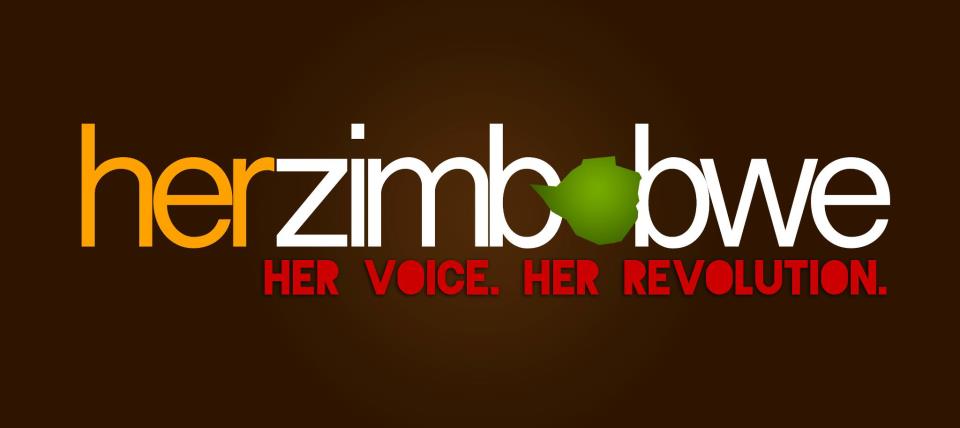‘Her Zimbabwe is an alternative platform for Zimbabwean women to articulate their stories no matter what their background, no matter what their story. We want to hear the authentic voice of each and every woman in Zimbabwe, we want to count everyone. We want to say ‘here we are, here are our stories and we are willing to share them and we are willing to change the course of the path of Zimbabwe’s story.’ – Fungai Machirori
Fungai Machirori, who is a feminist journalist and blogger, returned to her native Zimbabwe after living in the UK to found and manage the ‘Her Zimbabwe’ website at www.herzimbabwe.co.zw, to tell the story of Zimbabwean women. At only three months old Machirori’s alternative social media platform for women is already receiving plenty of attention at home and abroad (link below).
The website tells stories from Zimbabwean women (and men!) on wide range of issues such as still being single at 30, being an albino Zimbabwean, women who want to keep their maiden name once they get married, cervical cancer, divorce, homosexuality and so on. The site gives a very different perspective on day-to-day life for Zimbabweans. British newspaper The Guardian describes the site as ‘a mix that includes musings on romance and relationships, as well as some humour, the site offers respite from the relentless diet of violence, politics and poverty that dominates much of Zimbabwe’s media’ (see the article in full). Mashing together these kinds of perspectives of the daily struggles women face in Zimbabwe is both interesting and engaging, considering the stereotypical images of African women more commonly fed to western audiences from afar.
Reading these stories of Zimbabwean women, however, is all well and good for people like me or Machirori, who are lucky enough to have access to the internet, but you have to ask yourself, does the average Zimbabwean woman also have that privilege? Or does this site just cater for the elite educated women of Zimbabwe? According to the Internet Usage Statistics for Africa website Africa has reached only 13.5% of the one billion people on the continent to date. Zimbabwe deviates from this average figure – no more than 12% of the population are online (or 1.4million out of 12million people).
In its current state, it might appear that it only caters to the upper-middle classes of Zimbabwe, but do keep in mind that this site is only 3 months old and speaks to more than just Internet-savvy Zimbabweans. Machirori claims that ‘at Her Zimbabwe, we want to listen to as many women as we can’. She realises that not everyone has access to the internet, which is why she has set up a texting service for people in case there is someone who ‘realises that we could help some women who have no access to new media, but who need us.’
Realising that one intervention cannot impact on every single Zimbabwean woman, Machirori asserts that:
‘if Her Zimbabwe does its part, and other players become more involved in empowering different communities of women, then the collective energy of our efforts will reach far and across the terrain of mentality that dictates that one size fits all.’
Will Her Zimbabwe reach the grassroots level and marginalised women of Zimbabwe or will it just add to the widening gap between them and the elite cluster of already ‘empowered’ women? I guess we’ll just have to watch this space…
____________________________________
Explore more…..
- Her Zimbabwe | official website | plus a video introducing the ethos and direction of the site
- Using social media to celebrate women’s voices | 30 April 2012 | The Zimbabwean (the first newspaper for Zimbabweans in exile written by professional Zimbabwean journalists living outside of Zimbabwe. More information here)

